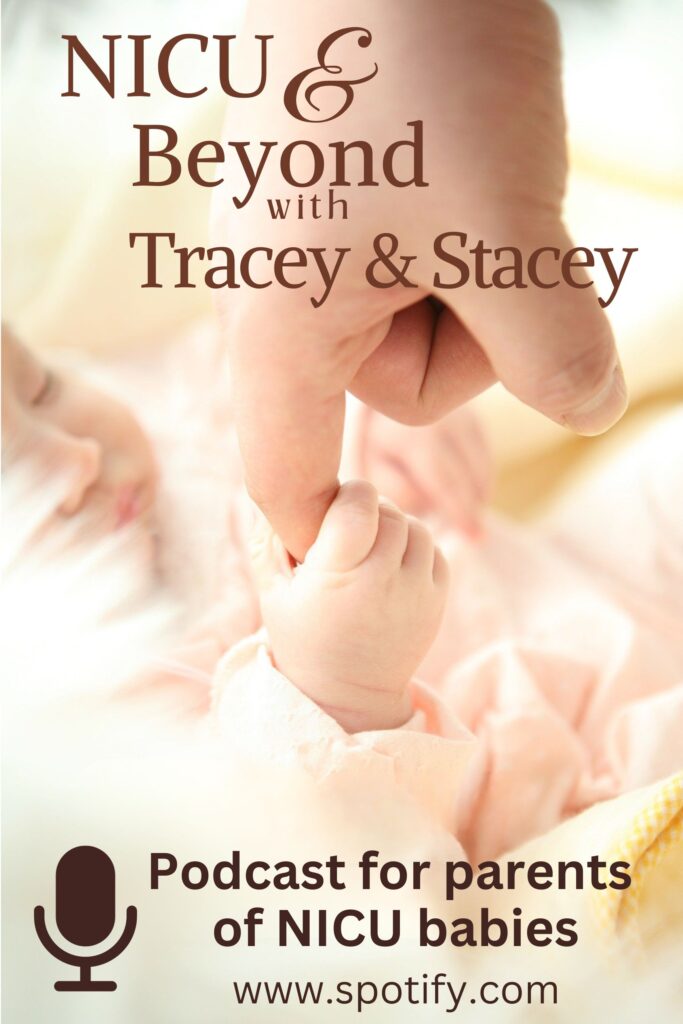Parent NICU Connection
Parent NICU Connection’s mission is to help premature and ill infants thrive once they leave the NICU. We work to help parents of these infants lose the overwhelming feeling of helplessness once they have left the hospital and gain strength and bonding time with their new babies. We aim to accomplish these goals by implementing our core values of wellness, healing, and empowerment among parents and their infants.
“The support you need at home for your baby when leaving the NICU”.
Check out our Podcasts & Livestreams!
Who We Serve
- Parents/Caregivers
- Physicians
- Occupational Therapists
- Physical Therapists
- Speech Therapists
- Early Interventionists

Limited Time Special Offer
1 Hour Consultation - $197 Now Only $99
- Complimentary 15 minute follow up call included.
- 1 – 1-hour one-on-one Phone or Zoom call with the parents/guardians
- Can ask questions pertaining to:
- Transitioning home
- Environmental support
- Development
- Feeding, etc.
- HIPAA Compliant
3 Week Program - $897
- 6 – 1-hour one-on-one Phone or Zoom calls with the parents/guardians
- Resources in your area
- Simple Motor Activities
- Developmental handouts for:
- Massage
- Feeding
- Tummy Time Activities
- At Home Modifications
- HIPAA Compliant
1 Week Program - $597
- 2 – 1-hour one-on-one Phone or Zoom calls with the parents/guardians
- Resources in your area
- Question/Answer Session to support transition
- Simple Motor Activities
- Developmental handouts for:
- Massage
- Feeding
- Tummy Time Activities
- In Home Modifications
- HIPAA Compliant
5 Week Program - $1197
- 10 – 1-hour one-on-one Phone or Zoom calls with the parents/guardians
- Resources in your area
- Simple Motor Activities
- Developmental handouts for:
- Massage
- Feeding
- Tummy Time Activities
- At Home Modifications
- HIPAA Compliant
Testimonials











Sign Up for Our Newsletter
Sign up for our newsletter today to receive free information about how to support your infant at home! Our newsletters will be filled with useful information for our parents/guardians/caregivers as well as other professionals working with premature infants.
Disclaimer: The information on this Web site should NOT be used as a substitute for the medical care and/or advice of your pediatrician. There may be variations in the treatment discussed that your pediatrician may recommend based on individual facts/needs and circumstances. As always, please consult your child’s pediatrician before using any of the suggestions provided through this site.
Early Developmental Therapy Consultants can provide you the help you need for your child. We provide professional coaching for parents and evaluation of your premature infant and we help develop a program that is designed just for them. Each program is tailored to the ability of the child and the areas that need help with. We integrate parents into the learning process so you can continue to help your premature infant learn while they are at home and become a part of the bonding and education process. We are conveniently located in East York, PA and assist many families in and around York PA and Harrisburg PA. We also offer coaching for parents and evaluation via phone and have our license in Pennsylvania (PA), Maryland (MD), New York (NY), Florida (FL), and Texas (TX). We offer a variety of occupational therapy and infant developmental therapy services for your preterm infant and work with you throughout the whole process so you can continue to care for your infant in your own home. Early Development Therapy Consultants can be found on Google.


